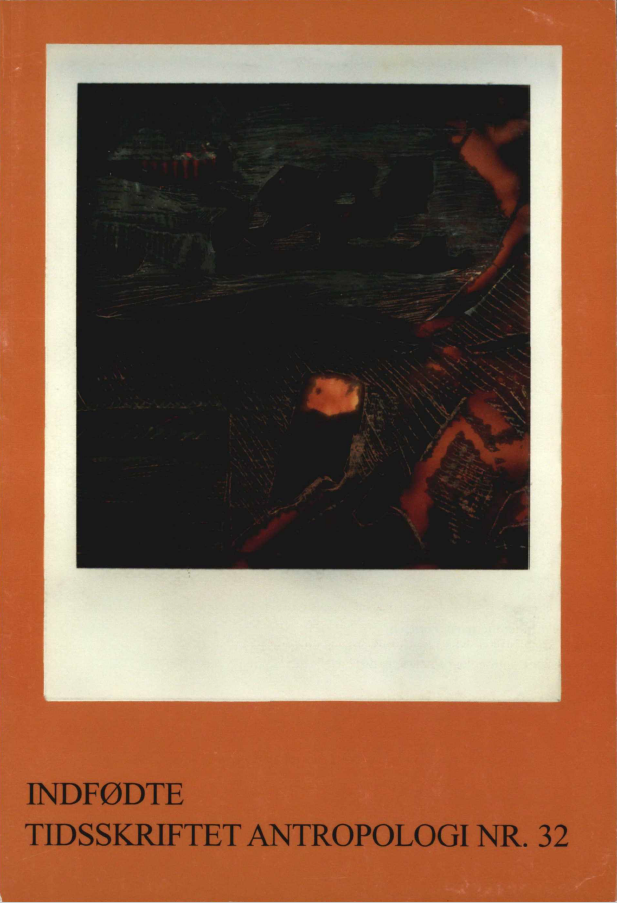ANTROPOLOGIENS SKIFTENDE OBJEKT: Om politisk og kulturel autonomi. Eksempler fra Sydamerika
DOI:
https://doi.org/10.7146/ta.v0i32.115434Resumé
anthropology: on political and cultural
autonomy among Indigenous peoples in
South America
Considering the historical and theoretical
notions of the object of study during the last
flfty years of Danish anthropology it is
sketched how developments in world
politics, in local indigenous societies and in
the discipline of anthropology have forced
anthropologists to take new stands. During
the fnst twenty years the academic establishment
was at the fore, while world politics
was a very dominant factor for the next two
decades. Apparently indigenous peoples
have in the last decade tumed increasingly
explicit about the advisory role of anthropology,
not least in relation to human rights.
Tove Søvndahl Petersen: An Indigenous
people with home rule
The establishment of the Greenland Home
Rule Government in 1979 has meant political
influence for the Greenlanders, after more
than 200 years of colonial rule. Indigenous
peoples today look towards the Greenland
Home Rule as an ideal. Greenlanders’ own
acceptance of an identity as indigenous came,
however, quite late, and the Greenland
identity has throughout history been marked
by the relatively unviolent Danish colonisation.
Home Rule means new challenges to
Greenland identity, at the same time as it provides
freedom to form future strategies for
the Greenlanders in persuasive ways.
Downloads
Publiceret
Citation/Eksport
Nummer
Sektion
Licens
Ophavsretten til artiklerne i Tidsskriftet Antropologi tilfalder forfatteren.
Artikler publiceret i Tidsskriftet Antropologi må citeres, downloades og videresendes for ikke-kommerciel brug, under forudsætning af normal akademisk reference til forfatter(e) samt tidsskrift, årgang, nummer og sider. Artiklerne må kun genudgives med eksplicit tilladelse fra forfatter(e) og tidsskriftet.


